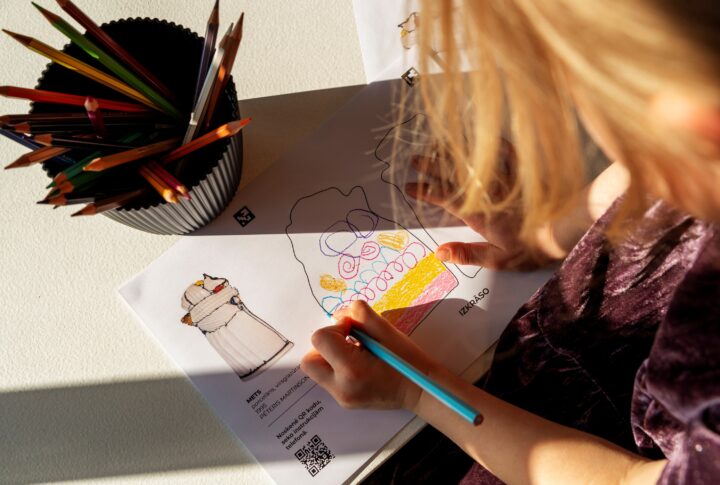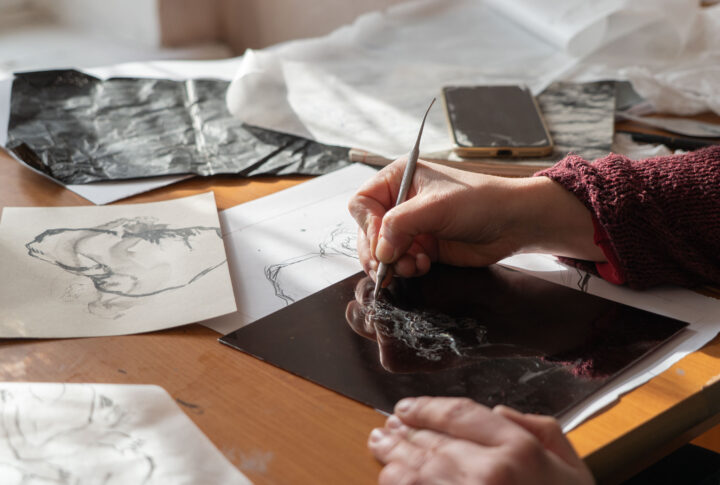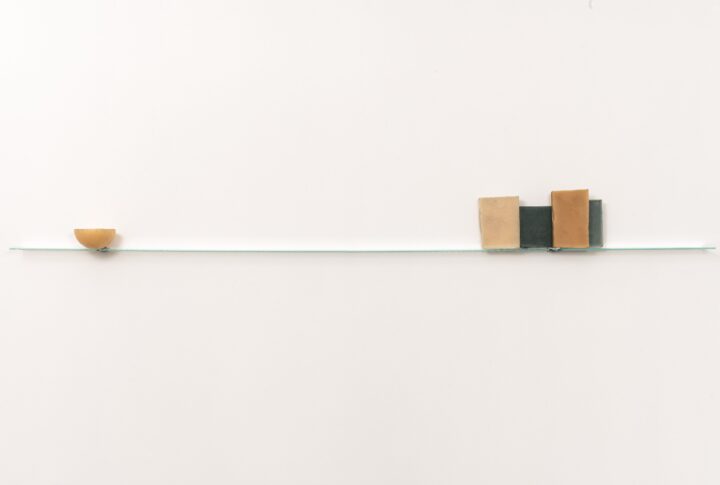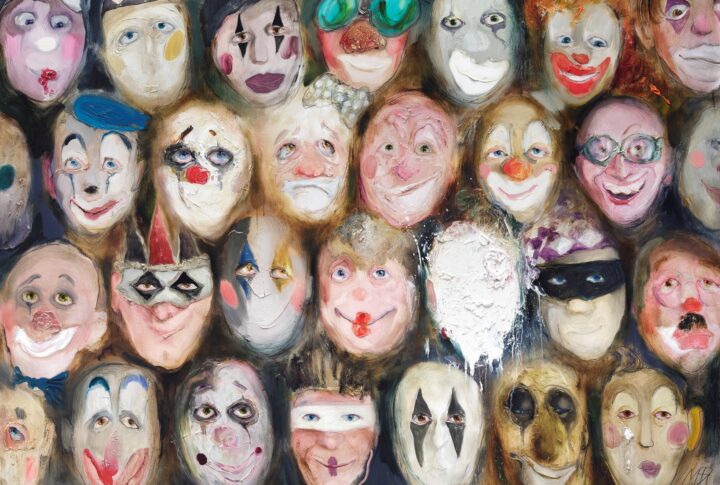An augmented reality exhibition dedicated to Pēteris Martinsons
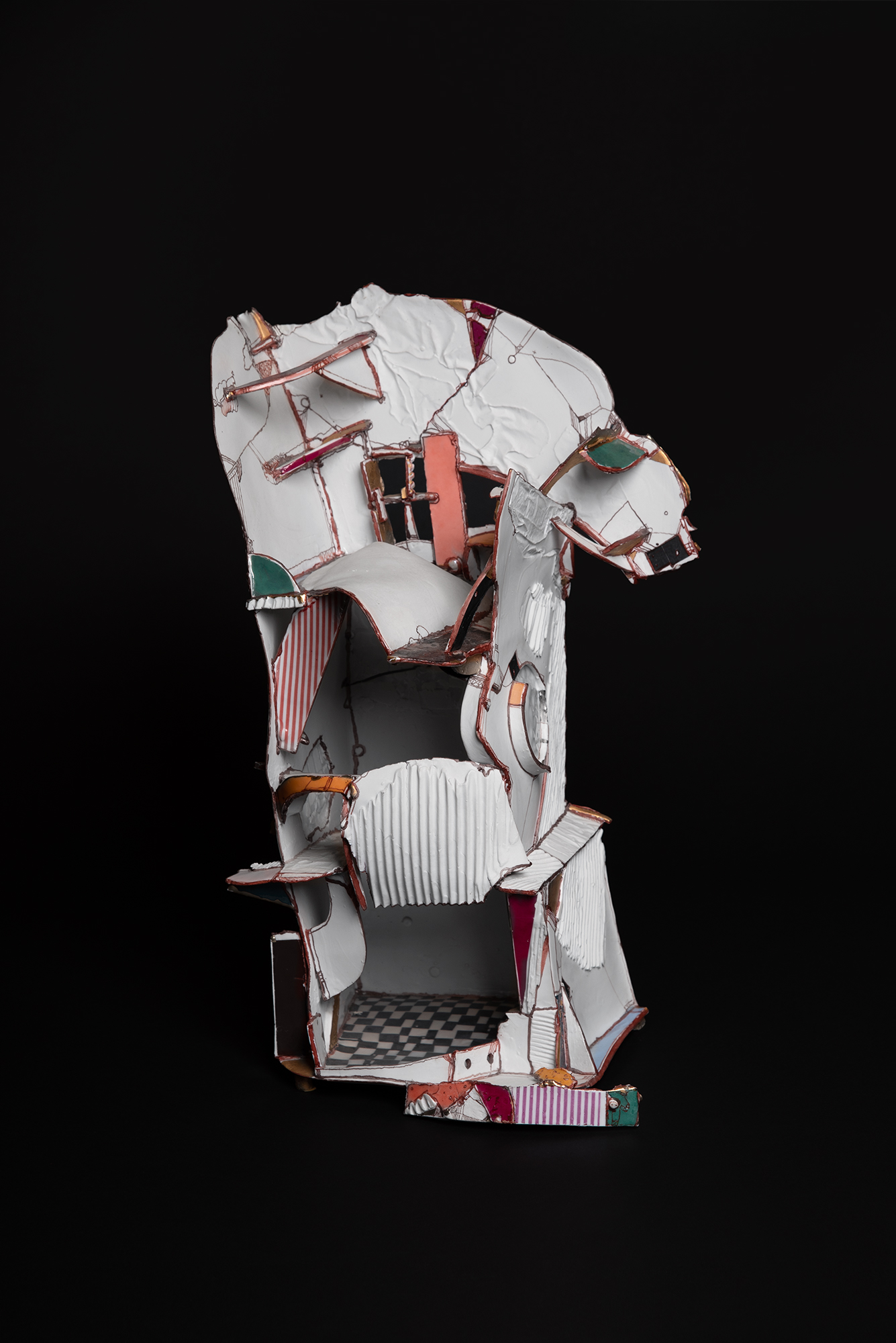
On St. Peter’s Day, 29 June, an augmented reality exhibition dedicated to Pēteris Martinsons opens in the courtyard of Daugavpils Mark Rothko Art Centre.
Celebrating the 90th anniversary since the birth of the world-renowned native of Daugavpils – ceramicist, architect and art educator Pēteris Martinsons (1931–2013) – and looking forward to the opening of his memorial house at the former gunpowder magazine of Daugavpils Fortress, WeRock Association in cooperation with Daugavpils Mark Rothko Art Centre suggests experiencing his porcelain artworks in a new format, through mobile devices.
WeRock Association came up with the idea to use WebAR (Augmented Reality experience accessed through a web browser) in an exhibition of Martinsons’ work last winter when professional art and culture were unavailable to the public. Faced with the fact that outstanding artworks remained in closed exhibitions and museum collections, creators felt urged to seek new ways and options to make art publicly accessible. Thus, the association created an online platform, www.arpus.online, which uses trending hi-tech solutions to exhibit art through Augmented Reality. With this platform, artworks are experienced via smart devices such as mobile phones or tablets. Their first project focuses on the ceramic works by Pēteris Martinsons from the Rothko Centre collection.
The exhibition programme of the Rothko Centre throughout 2021 is largely centred on Pēteris Martinsons and his creative legacy. The summer exhibition season features “Martinsons Award 2021”, a vast international juried exhibition within the 3rd Latvia Ceramics Biennale. The end of the year is expected to bring the opening of Pēteris Martinsons Memorial Home, a new sector of the Rothko Centre that will house a permanent display of his ceramic collection. In the meantime, the new show, “Pēteris Martinsons: Augmented Reality”, offers a high-tech experience of select pieces from the great ceramicist’s creative legacy whilst they are physically unavailable to the public.


